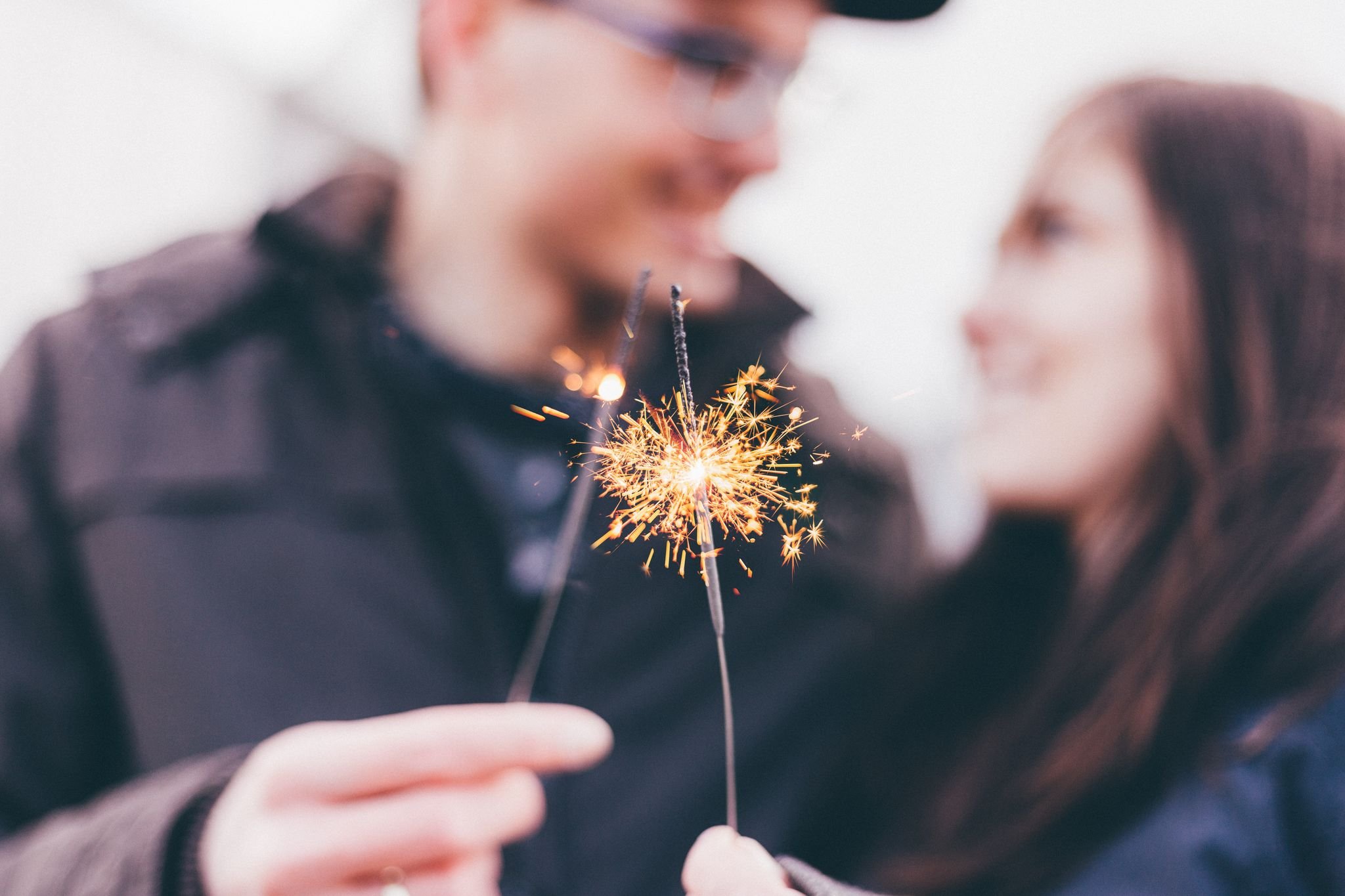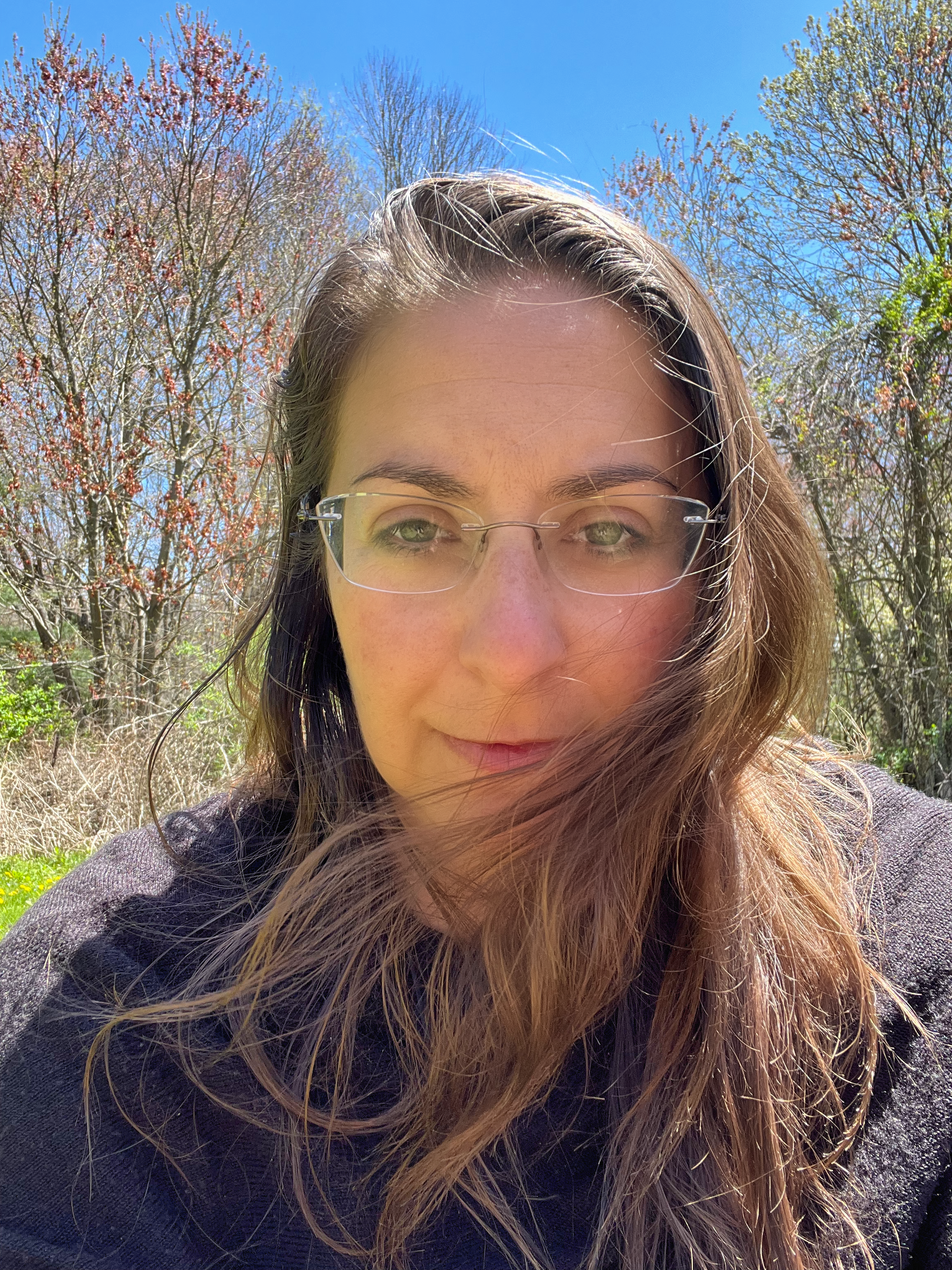
Couples Alchemy
couples alchemy
I believe that our relationship with our partner can be a brilliant resource for our health, healing and thriving.
Our partnership can be a powerful support on our personal journeys. They can be a space to return to for recharging, healing, celebration, connection, pleasure, co-regulation, amplification, joy and so much more!
What would your relationship look like if it were as good as you know it can be?
When we are able to personally identify what we want and need and come together in transparent communication, without operating from our default survival patterning and triggers, we can be in our relationship with connection, passion and ease.
Do you and your partner desire a space to drop into a supported container to transmute and alchemize challenges into new ways of being and connecting together?
Couple’s Alchemy Coaching is a space designed for both you and your partner to develop curiosity, gain new perspectives and understanding about your selves and your dynamic together and cultivate a safe space to explore challenges and desires, so that you can grow and flourish.
Knowing and understanding our physiology and our partner’s physiology is essential in accessing the most generative communication and connection in partnership and is the foundation of the work together.
Why does understanding our nervous system and our default automatic responses under “threat” matter in a relationship?
Well, as mammals, we are governed by our biology (our nervous system).
When our nervous system is working optimally and experiencing safety, we have everything we need for belonging, connection, motivation, intimacy, pleasure, alertness, drive, focus, healthy aggression, and full emotional expression. We are able to sleep, rest, slow down, and get aroused. We can be in play and experience flow. We can access our thoughts and perspectives clearly and voice our truth.
Because we are wired to survive, we also have automatic protective responses in the body that are programmed to kick online when our system is sensing “danger” , “threats” or feeling overloaded in any way.
This is our nervous system’s job- to identify threats and keep us safe.
We develop strategies and patterns of behaving, communicating and being in connection with others based on our environment growing up, the adults and peers in our lives, our ancestors and family history, and our past relationships. The purpose of these learned behaviors is to support this feeling of “safety”, even if they’re not supportive to our current relationships.
Our system is holding these imprints of what it learned about the world and safety, whether we belong or not, and what signals trust.
We can want to be behaving and responding in a particular way in the face or conflict or connection (like desiring not to yell, be explosive, or shut down when your partner is angry), but if our system is sensing “danger” and moves into a state of activation, there are things that start to happen in the body automatically, often out of our awareness and out of our control!
Our heart rate increases, our breathing gets shallow, our muscles get tight and we move into some sort of survival self-protective response based on our history.
Our “default” response is the most common path your nervous system travels.
Particularly as we connect in our most intimate relationships, we can react in ways as if we’re under threat:
Sometimes we move into the “fight” response: In relationships this can look like arguing, getting mad, reactive, yelling, being aggressive, defensive, feeling frustration and irritation.
Sometimes we move into a “flight” response: In relationships this can look like avoiding confrontation and/or physically leaving a room when presented with conflict. Feeling anxious, worried, and panicked.
Sometimes we move into a “freeze” response: In relationships this can look like shutting down, feeling resignation, helplessness, apathy, numbness, disorientation and confusion. It can also look like avoidance/procrastination.
Sometimes we move into a “fawning” response : In relationships this can look like being nice, frequently acquiescing, appeasing our partners, and people pleasing behaviors.
Sometimes we move into a “fitting in” response: In relationships this can look like isolating, feeling loneliness, camouflaging or shapeshifting, minimizing our perspectives and experiencing imposter syndrome.
Building awareness of your patterns, your partners’ patterns and how each of your nervous systems reacts under threat in relationship is the first step to making real change in how you show up for each other.
In Couple’s Alchemy some of the topics we will explore are:
How to recognize your nervous system responses within your self and your partner How to listen and approach your partner with curiosity
How to communicate in a way that leads to feeling heard, understood and validated, without getting stuck
How to rebuild trust and safety in your relationship
How to hold space for our partner in a highly activated moment
How to set boundaries and receive boundaries
How to sense your self separately from your partner
How to develop emotional and nervous system regulation skills
How to feel more connected and have more FUN together
How your nervous system default survival programming affects your reactions and communication
How to develop new patterns of response within yourselves and with each other when in conflict and trigger moments
How to increase intimacy and access more pleasure
How to feel more comfortable being vulnerable and open with your partner
How to navigate challenges with parenting
How to more easefully repair ruptures on your own
Through nervous system education and healing, mindset work, reprogramming old default survival patterning, accessing resourcing and co-regulation, uncovering perspective shifts and more, all of the work together is customized to support you both where you are at individually and as a couple to invite in more balance, compassion and access the connection you desire.
From my perspective, the foundation of a successful partnership takes:
Curiosity
Patience
Commitment to self, each other and the relationship
Compassion
Holding the both/and
Having a solid baseline understanding of how your bodies and minds are wired physiologically and how they have been wired to respond when under threat
Understanding your conditioned attachment style and habituated relationship dynamics from your upbringing, past relationship experiences and ancestral patterning.









